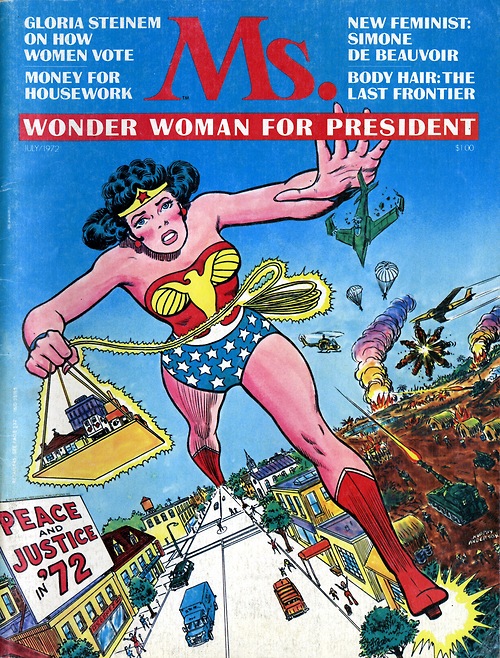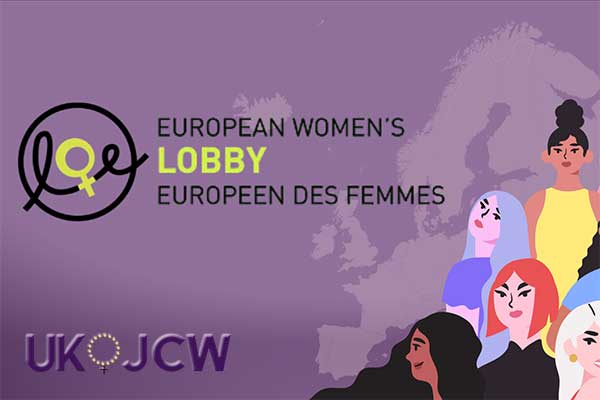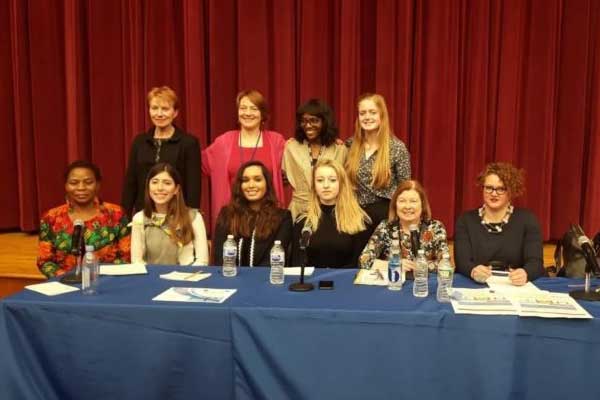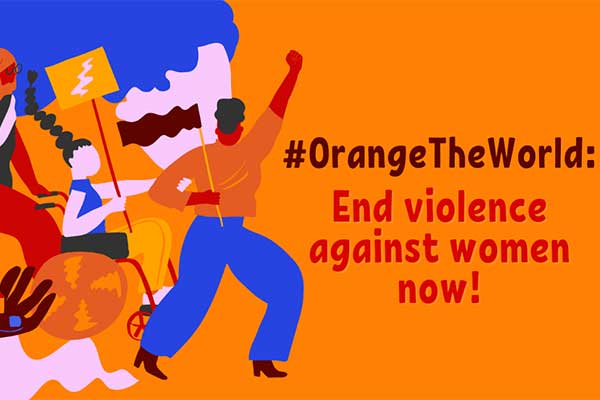
The Age of the Superhero
We have entered the ‘Age of the Superhero’, no seriously, google it!
While the importance of this to the fight for gender equality is obvious to a comicon attendee like myself, who walks through London in the outfits you see on your screens and takes months choosing a role model character to dress up as, it should be important to you ‘normal people’ to.
Popular culture icons such as superheroes do not only act as representations of ideal gender roles, but form part of the discourse that creates these gender norms. Indeed, it was through a recognition of the role of popular culture in shaping femininity, that Marston was motivated to create one of the most explicit fictional challenges to the weak, caring, ‘stay at home’ female stereotype, Wonder Woman.
Marston was a psychologist who recognised a social problem: women did not have a mentally, physically strong and independent role model that could equal Batman or Superman. (2008:148) He created ‘a feminine character with all the strength of Superman plus the allure of a good and beautiful woman.’ (Tate 2008:148) Princess of Themyscira and an accomplished warrior, she is given the name Wonder Woman and positioned as diplomat to the world, by her governing body. (Nathan 2016) However, contrary to Marston’s intent, Wonder Woman was quickly shackled by the stereotypes of our world, giving her characteristics that were strikingly inconsistent with her own narrative. In 1948 Wonder Woman’s physical strength and her power as a role model was dramatically decreased. Wonder Woman was given the role of secretary to the Justice League (a group of D.C.’s most famous heroes) even though she was as powerful as Superman and equally capable of leading the team. As America moved into the post-war era with its conservative family values, Wonder Woman gave up her powers for the love of her husband. It wasn’t until 1995 that she began to reclaim some of her former glory, though by this point she was in possession of few of her clothes. However, in a ‘bustier-and-panties outfit’ she was ‘drawn with more muscles than curves’ and recovered almost all of her Marston era strength. (Tate 2008:159) She has, however, still not regained the strong personality befitting a warrior princess and a female role model. In the film, Batman v Superman: Dawn of Justice, Wonder Woman is presented not as virtuous and witty but as the passive receiver of Bruce Wayne’s ogling. Furthermore, and perhaps more unforgivably given Marston’s entire motivation for her inception, she emphatically denies her role as a challenge to pervading stereotypes: ‘I don’t think you have ever known a woman like me.’ (Snyder 2016)
What message are we sending to the millions who consume these films when we normalise a powerful women being robbed of her strength, having to put up with the unashamed gazing of men and then when she states that her strength and virtues are what make her different to other women? It’s a sad day when a woman of the 40s has more freedom and equality than her 2017 counterpart.
In short, we have been robbed of the role model that aimed to normalise a link between femininity, strength and heroism and we should demand her back!
Amelia Mulcahey
(This is an extract of a much longer essay ‘Why the World needs Superman.’ (Singer, 2006) A study of a modern mythology and how superheroes reflect and inform American culture.’)
References:
Morrison, Grant. 2012. Supergods our world in the age of the superhero. 2nd ed. London: Random House.
Nathan, Ian. 2016. All The World’s Waiting For You. Empire (321): 66-9.
Net-Biographies.com. 2016. Wonder Woman Biography. Biographies.Net. Available at, http://net-biographies.com/wonder-woman.html, retrieved on April 12th 2016.
Snyder, Zack. Batman v Superman: Dawn of Justice. Cinema. United States: Warner Bros. Pictures. 2016.
Tate, Chuck. 2008. The Stereotypical (Wonder) Woman, in The Psychology of Superheroes, ed R. Rosenberg and J. Canzoneri, 147-62. Texas: Benbella Books.
Recommendations:
Bell, Christopher. 2015. The Importance of Female Superheroes: Christopher Bell at TEDxColoradoSprings. TEDx Talks. Retrieved at, https://www.youtube.com/watch?v=O_z2v42F0E0. 5th January 2016.





